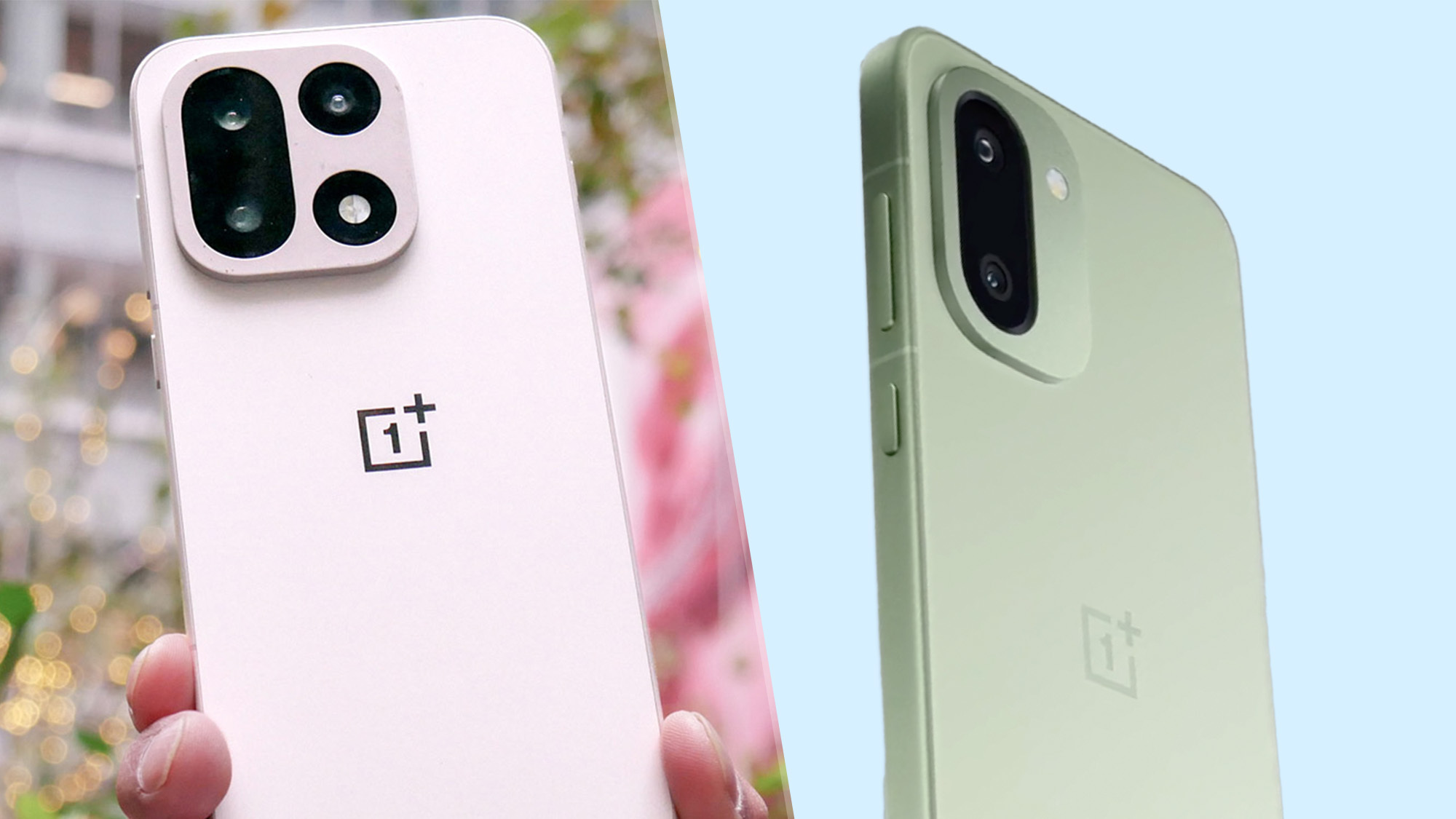I didn’t want the Final Fantasy 7 Remake — now I can’t stop playing it
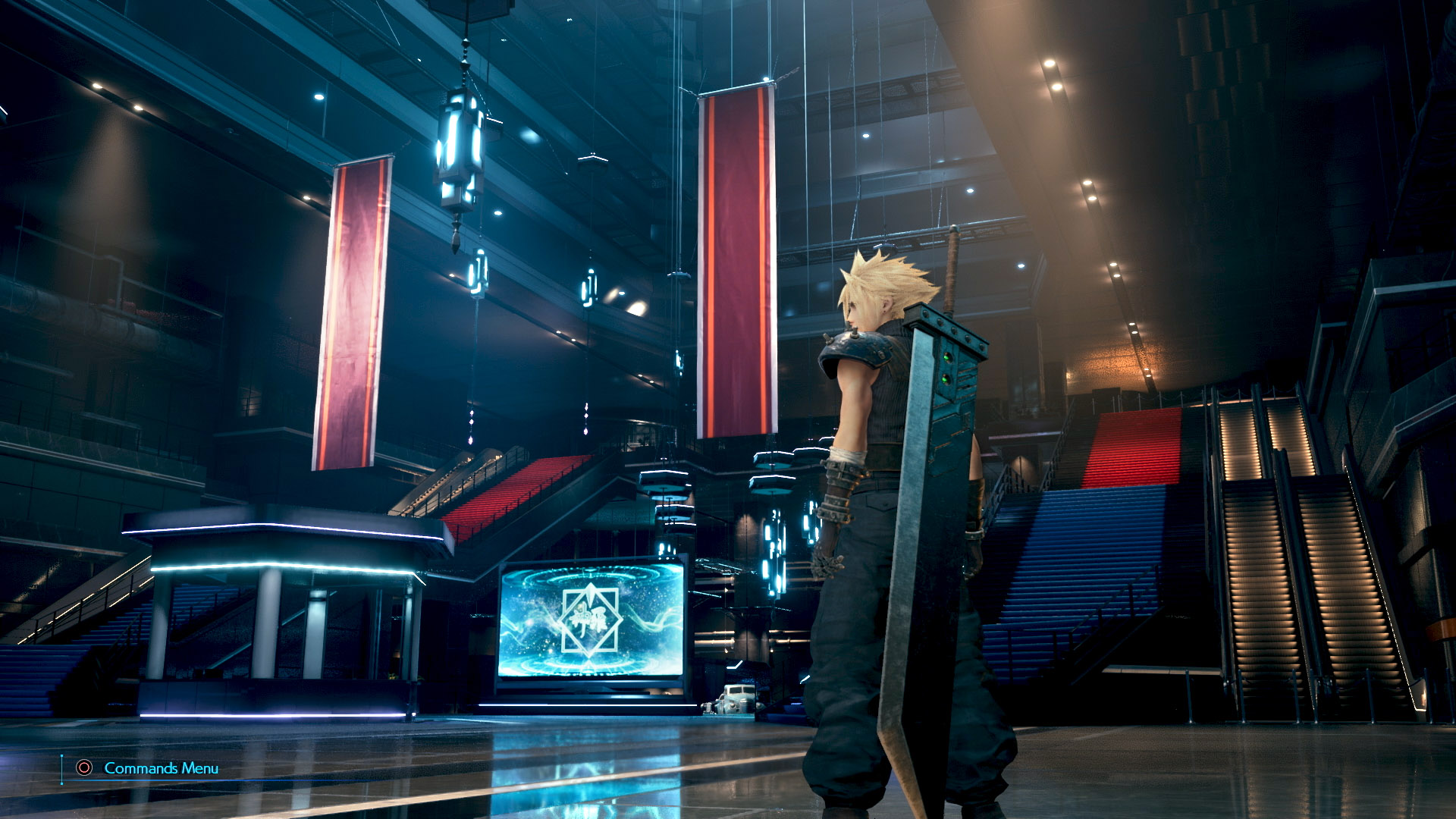

EDITOR'S NOTE: Final Fantasy VII Remake won "best game design" at the Tom's Guide Awards 2021 for gaming.
I remember the exact moment my thoughts about the Final Fantasy 7 Remake changed completely. It was at E3 2019, when I got my hands on the game for the first time.
To be clear, I love the original Final Fantasy 7, but I’ve played it through at least three times. I didn’t see what good remaking it could do, except to give it prettier graphics — and honestly, once you get past the blocky character models, the original still looks fine, particularly during battle sequences.
- PS5: Release date, price, specs, games and more
- PS5 exclusives: All the big games to expect
But when I got half-an-hour to play with Final Fantasy 7 Remake’s intriguing combat system and explore its huge levels, I was immediately hooked. The real-time battles that let you pause to carefully consider your abilities are both action-packed and strategic. Exploring the first level’s gigantic Mako Reactor felt much more imposing when everything was drawn to scale. After I wrote my preview, I went back to my hotel room and immediately downloaded Final Fantasy 7 on my Switch for the flight home.
Now that I’ve had about a week to play with the Final Fantasy 7 Remake in its entirety on PS4, I’m still sold on the game — mostly. The combat can sometimes drag on for longer than I’d like, and there’s a general sense that some expanded plot points didn’t need all that much expanding in the first place. But in general, I haven’t been able to put FFVIIR down, thanks to its varied gameplay, smart improvements and, perhaps most importantly, its engaging characters and much-improved dialogue.
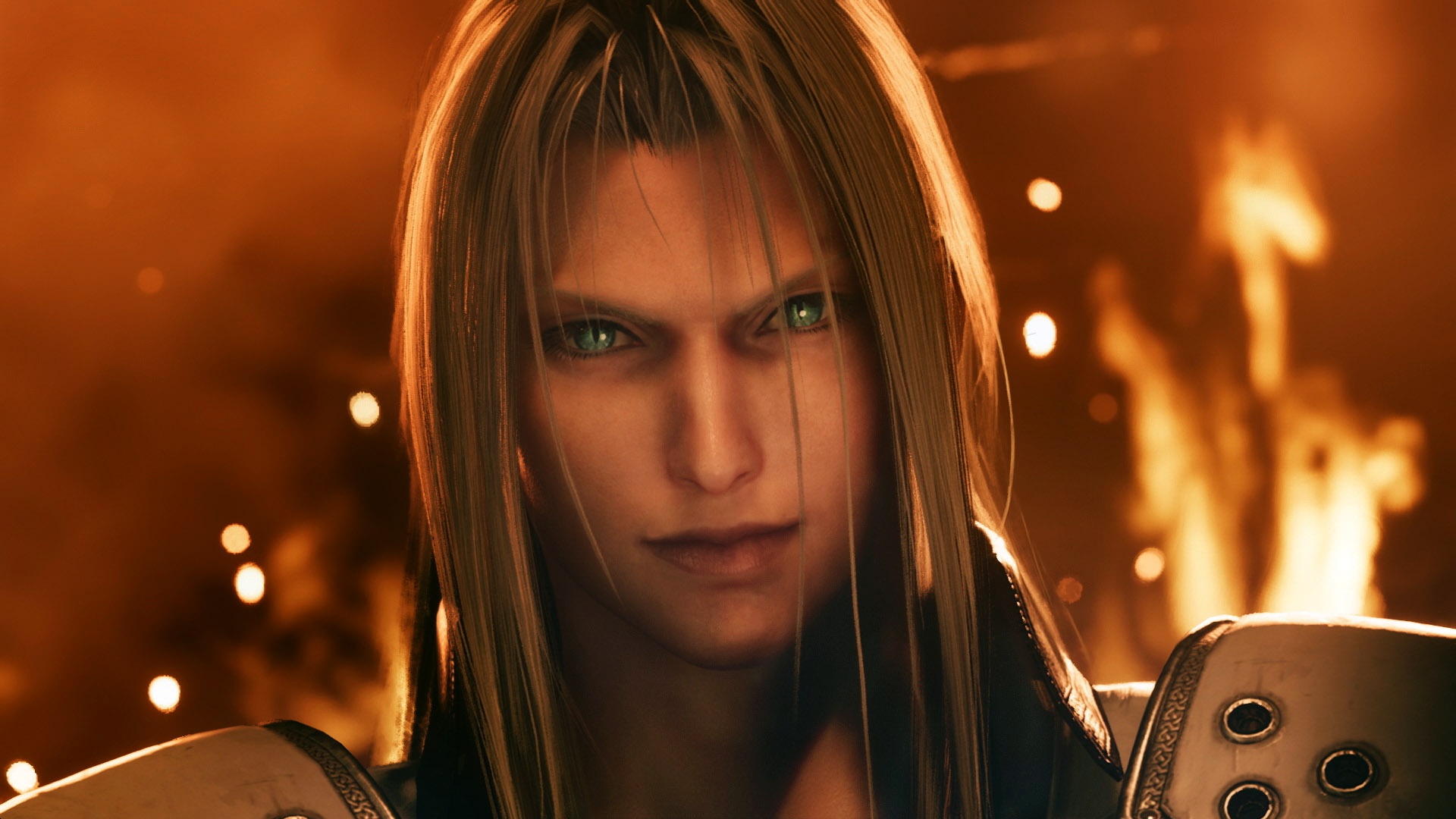
How does Final Fantasy VII compare to the original?
When I started replaying FFVII after E3, a couple of things about the game struck me right away First: The music is still absolutely top-notch, two decades later. Second: The in-battle graphics don’t look bad at all. And finally, the game loses a lot of steam after Midgar.
For those who have never played FFVII, the game begins in the dystopian, cyberpunk city of Midgar where the rich grow fat off the lifeblood of the planet, and the poor can’t even see the sky. At first glance, Final Fantasy VII appears to be a story about a group of freedom fighters taking on an evil corporation. In fact, when I first played the game, I assumed that was what the whole story would be about. Imagine my surprise, then, when five hours later, I left Midgar and found myself on an enormous world map, ready to start a much bigger story.
Get instant access to breaking news, the hottest reviews, great deals and helpful tips.
Final Fantasy 7 Remake isn’t a remake of the entire original game. Instead, it carves out the Midgar section and expands it into a full 40-hour RPG. When you consider that it takes about four hours to leave Midgar in the original game, that’s quite a lot of extra content.
However, if you were going to increase any part of FFVII tenfold, Midgar is easily the best candidate. Once FFVII’s world opens up, it turns into a much more typical “go from town to town, save the world from an evil madman” Final Fantasy narrative. It’s still a good game, but during my replay, this is about where my interest started waning; I put it down completely about halfway through.
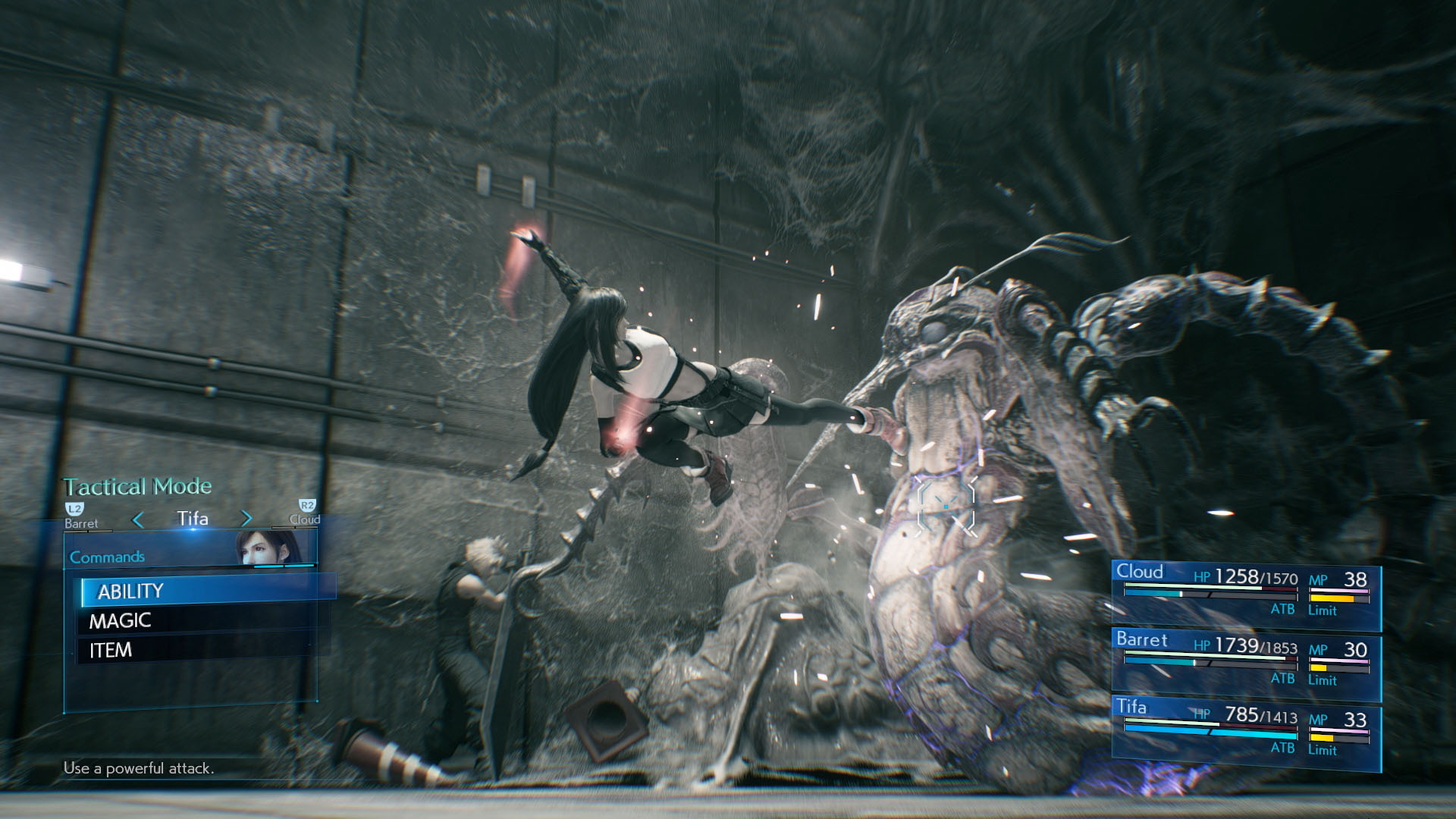
Final Fantasy 7 Remake combat
As such, when you play the first mission in FFVIIR — infiltrating an energy-sucking Mako Reactor and planting a bomb — you’re not going to be in and out in 10 minutes. Rather than traversing a few screens and fighting a handful of battles, you’ll make your way through every room of the reactor, all in real time. The sense of scale is incredible, and watching the mission unfold through naturalistic action rather than a handful of stilted cutscenes makes a big difference.
For example: In the original game, you took control of protagonist Cloud Strife, then fought a few battles on your own. You met supporting characters Biggs, Wedge and Jessie during a static cutscene. Machine-gun-toting Barret Wallace joined your party a few screens later. You fought a handful of blocky-looking enemies in turn-based battles. That was about it, save for a few brief dialogue exchanges. Most of the mission — like most of the reactor itself — was implied.
Compare and contrast: In Final Fantasy 7 Remake, you’ll zip around the battlefield, slashing at enemies and dodging fire. When you need to activate a special ability or a magic spell, you can essentially pause the game while you make your choice. Then it’s right back to real-time swordplay. As you distract the realistically rendered Shinra guards, Biggs, Wedge, Jessie and Barret sneak behind them, vaulting over subway turnstiles as they go. When Barret joins the party much later in the mission, you can take control of him directly, and his skill set is totally different from Cloud’s. You won’t just be mashing the “attack” button; you’ll have to learn the ins and outs of Barret’s special abilities and play style.
For the record, none of this is inherently better than the original FFVII’s gameplay, but it is a much more dynamic and difficult system. It’s hard to level up by fighting the same enemies over and over again in FFVIIR, so it’s not possible to simply attack a few times and end a battle in seconds. Every battle is an active affair that requires you to manage basic attacks, special abilities, magic spells and limit breaks (ultra-powerful attacks that you can unleash when you take a lot of damage). As the game progresses, you’ll also have to manage party members and summon spells.
When I reached the Mako Reactor’s boss, the Scorpion Tank, I realized that boss battles were going to be the biggest point of divergence from the original game. In FFVII, you confront a giant scorpion-like robot that guards the reactor’s core. While it has more HP than the enemies you’ve fought up until this point, and can dish out more damage, it doesn’t take long to beat. Just cast Bolt, heal up when necessary and you’re done within three or four minutes.
By contrast, Final Fantasy 7 Remake breaks the battle up into stages. Default attacks barely do any damage against the huge machine. You have to find the optimal angle of attack, between its electrified claws and deadly tail. When you’ve finally Bolt-ed it enough to cause some real damage, it leaps up to the wall, requiring you to switch to Barret, who can deal long-range damage. Before the fight is done, you’ll have traversed two platforms, learned three sets of attack patterns, hidden behind cover, dodged away from projectiles and learned how to “stagger” opponents to deal even more damage. I didn’t time the fight, but if it took less than ten minutes, I’d be surprised.
This trend continues for every boss fight in the game. Enemies that took a few minutes and a little bit of strategy to defeat now have long, elaborate set pieces that require you to learn complicated patterns and switch characters frequently. You’ll need to use lots of magic — and when (not if) you run out of that, you’ll need to use a lot of items. FFVIIR isn’t punishingly difficult, but the boss fights in particular seem a lot harder than they need to be.
Generally speaking, FFVIIR’s combat works beautifully for regular encounters, where it’s exciting to slash away at opponents in real time and experiment with the party’s wide variety of skills. Interesting boss fights were fewer and farther between — although there is an excellent one-on-one fight between Cloud and a recurring villain a little ways into the game. This one forces you to block, dodge and time your attacks just right and — more importantly — it doesn’t overstay its welcome.
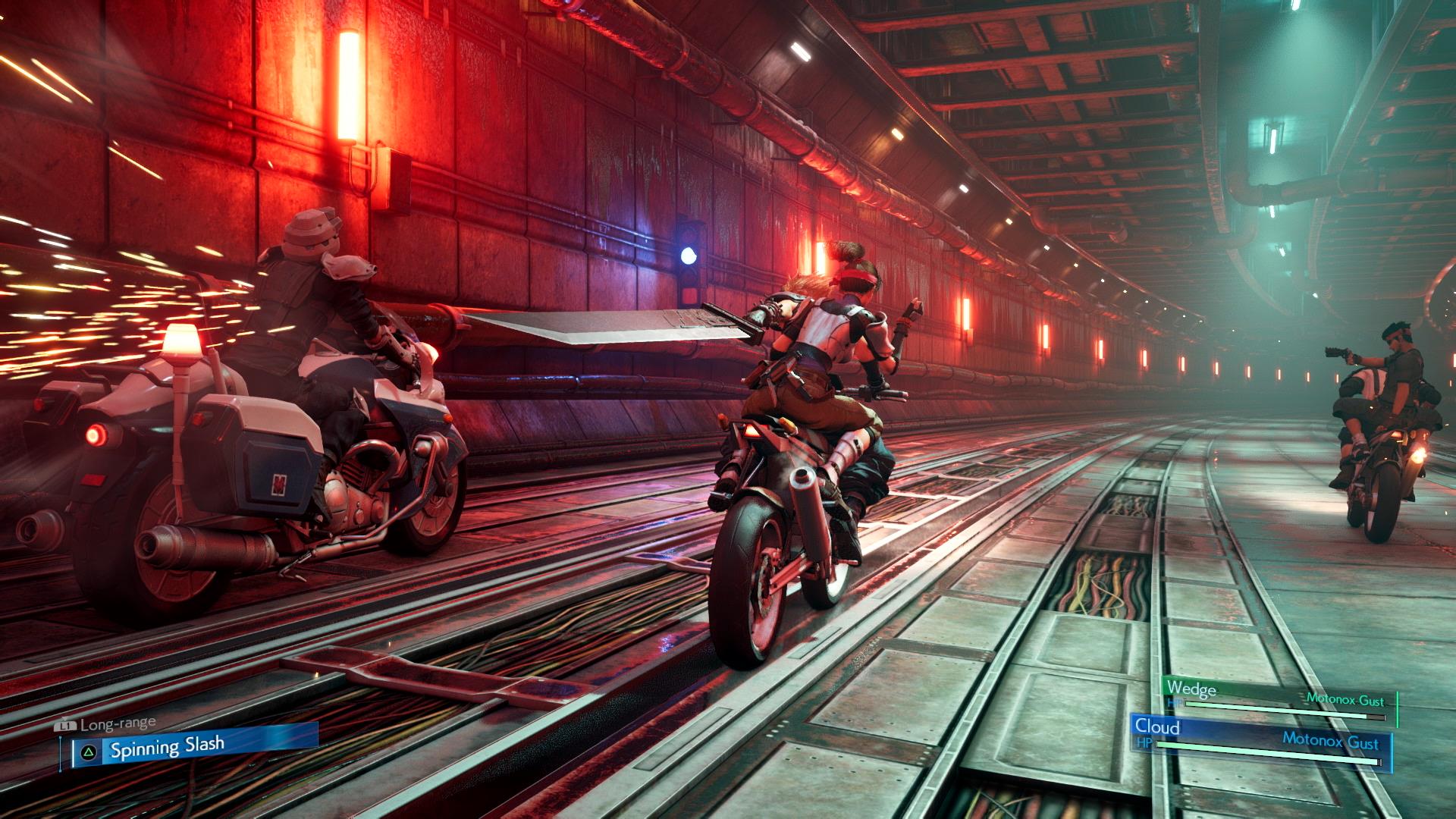
A much bigger Midgar
One way that Square Enix made FFVIIR’s Midgar much bigger is by expanding small areas into multi-hour adventures with a bevy of side quests to complete. Those who played Final Fantasy XV will find the approach familiar: Make your way into a new area, gather up a bunch of side quests, complete them, then move onto the next plot point, which will probably take place in a much more constrained, linear area.
These side quests are usually short, enjoyable and rewarding, and may involve tracking down missing children, slaying unusual monsters or even using different types of abilities in battle. Even though it meant that the plot ground to a halt, I usually couldn’t wait to slow down for a few hours and enjoy the game’s detailed environments and fine-tuned battle system.
There are other ways that FFVIIR justifies its laser-focus on Midgar, from brand-new episodes between old missions, to making full levels out of what were previously short cutscenes. But to me, the biggest improvement was the new script, buoyed by strong voice acting and plenty of banter in-between cutscenes.
In the original game, for example, we knew that Barret was a badass with a heart of gold, that Tifa was a serious and industrious freedom fighter and that Aerith was a good-natured and caring daughter. But the original game couldn’t quite capture Barret’s corny sense of humor, Tifa’s ambivalence about terrorism or Aerith’s playfulness. Each character feels three-dimensional, and I appreciated that the game spends some time pairing you with each of them individually before giving you access to a full three-person party.
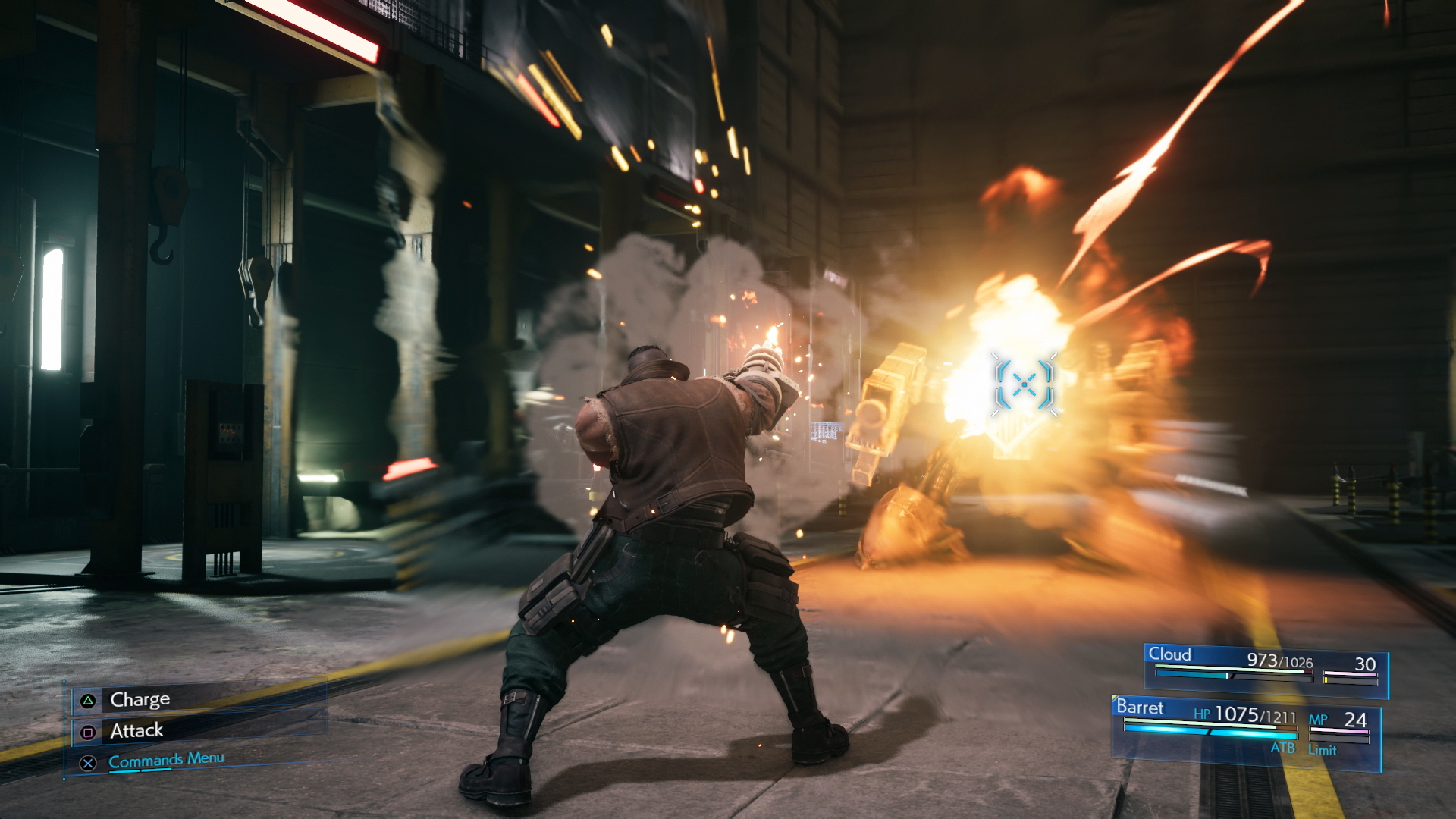
Should you play Final Fantasy 7 Remake?
While I miss a lot of the original FFVII’s simplicity and faster pacing, everything that fans loved about that game is still present. There’s still a gripping battle system, an affable cast of characters, a serious story about environmentalism and a quirky, offbeat sense of humor that pervades the whole thing. If you loved the original, you should play the remake; if you were ambivalent about the original, you may still want to give it a shot.
And if you never played the original, then this is a great time to dive in. If you reach the end of Final Fantasy 7 Remake and find yourself wondering what happens next, just pick up the original game to find out; it may be a while before the Remake saga continues.

Marshall Honorof was a senior editor for Tom's Guide, overseeing the site's coverage of gaming hardware and software. He comes from a science writing background, having studied paleomammalogy, biological anthropology, and the history of science and technology. After hours, you can find him practicing taekwondo or doing deep dives on classic sci-fi.
